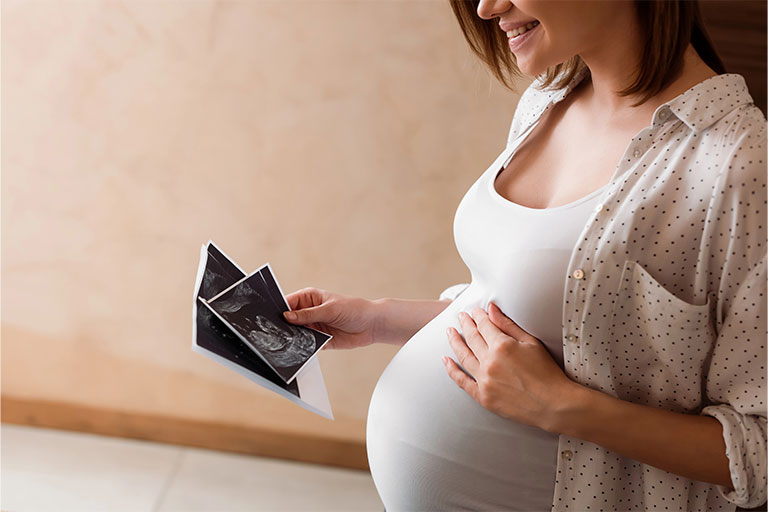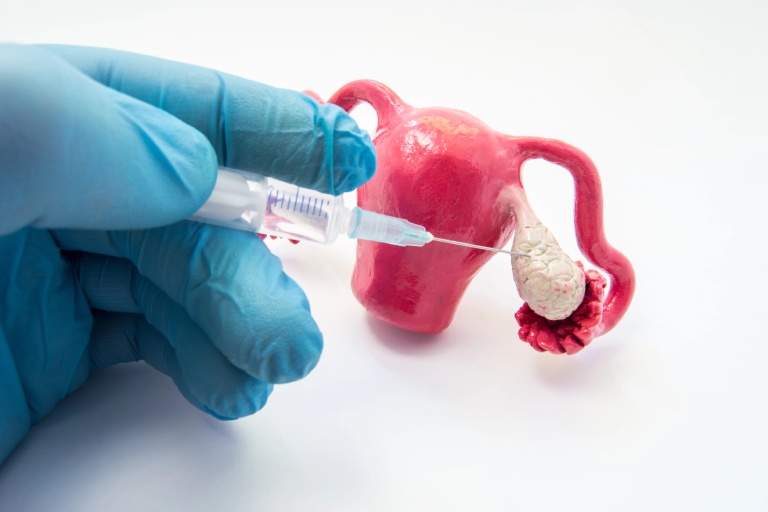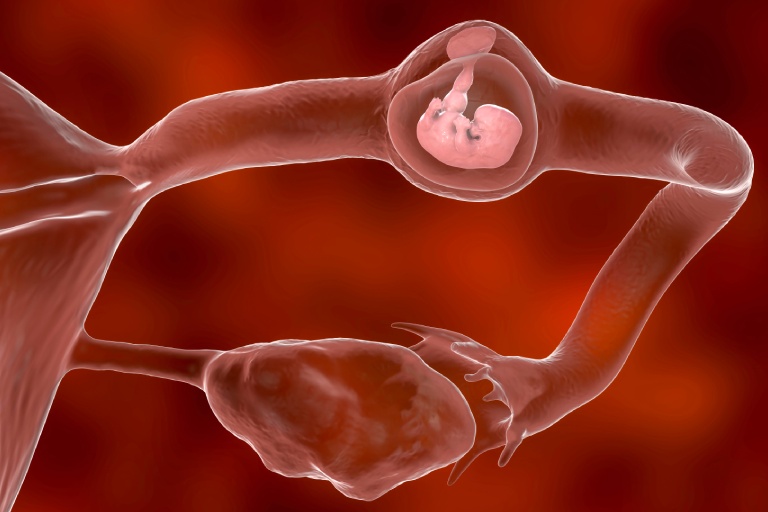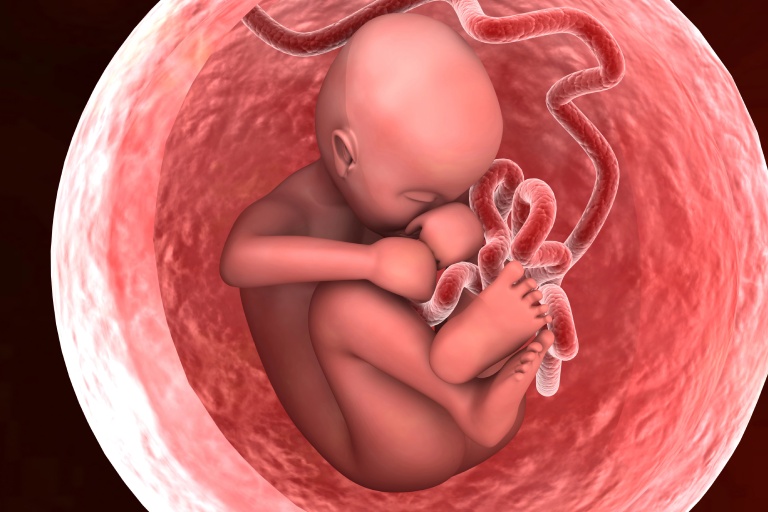
Donating eggs is a life-changing act of generosity, but many potential donors may wonder: does it hurt to donate eggs? Egg donation is a critical part of helping individuals and couples struggling with infertility, and understanding the process can help ease any concerns about pain or discomfort.
In this article, we’ll explore the steps involved in egg donation, what to expect regarding pain, and how the procedure is typically managed to ensure comfort.
What Is Egg Donation?
Egg donation involves a woman donating her eggs to assist another person or couple—often referred to as intended parents—who are unable to conceive naturally. The eggs may be fertilized via in vitro fertilization (IVF) and implanted in the intended mother or a surrogate, who will carry the pregnancy to term. The process is designed to help individuals who cannot use their own eggs for various reasons, such as infertility or age.
As an egg donor, your contribution can make a significant difference in someone’s life, but it’s important to know what the process entails and what kind of physical experience you might expect. Many women who donate eggs do so out of a desire to help others, but concerns about pain or discomfort are natural.
Is Donating Your Eggs Painful?
The good news is that the process is not painful for most women, especially regarding the egg retrieval itself. The retrieval is performed under anesthesia, meaning you won’t feel anything during the procedure. You might experience cramping or discomfort afterward, but it’s typically manageable with over-the-counter pain medication.
While the ovarian stimulation might cause discomfort, such as bloating, bruising, tenderness, or mood swings, these side effects are generally temporary. The injections used to stimulate your ovaries may cause some discomfort at the injection site, but they’re usually well-tolerated by most women.
What to Expect During Egg Donation
Egg donation should not hurt. The main discomfort associated with egg donation comes from the ovarian stimulation phase, where the ovaries are encouraged to produce multiple eggs. Some women report feeling bloated or full during this time, and it can be uncomfortable to have enlarged ovaries. These effects are usually temporary and subside once the stimulation phase ends.
The egg retrieval procedure itself is quick and performed under sedation, so pain during the procedure is not common. Afterward, you might experience mild cramping, bloating, or spotting, but these symptoms typically resolve within a few days. The discomfort is often similar to what you might experience during or after a routine gynecological procedure.
Factors That Can Influence Pain
Although the egg donation process is generally not painful, individual factors can influence your experience. Your age, overall health, and how your body responds to medications can play a role in how you feel during the process. Women who have previously undergone egg donation or IVF cycles may be more familiar with the medications and side effects, making the process smoother for them.
It’s important to keep in mind that the medications used in egg donation can cause temporary side effects like mood swings, headaches, or bloating. These symptoms usually disappear after the retrieval process. However, some women may experience more significant side effects, which is why close monitoring by medical professionals is essential throughout the process.
What Happens After Egg Donation?
After the egg retrieval, you’ll be given time to rest, and you may feel tired or slightly uncomfortable. Most women recover within a few days, with any side effects subsiding. Your doctor will monitor you for any complications, although these are rare. You should avoid strenuous physical activity for a short period and follow any additional advice your healthcare team provides.
Your recovery time will vary depending on how your body responds, but many women can return to their normal activities within a week.
The Bottom Line on Egg Donation and Pain
So, does donating your eggs hurt? In short, it shouldn’t. While there may be some mild discomfort or bloating during the ovarian stimulation phase and a small amount of cramping or spotting after the retrieval, the process is typically manageable with medical guidance. The egg retrieval itself is performed under anesthesia, so you won’t feel pain during the procedure.
At Carrying Dreams, we understand that every donor’s experience is unique, and we provide full support throughout the journey. Whether you’re donating eggs or considering surrogacy, we are dedicated to helping build families worldwide.
Our team works closely with all parties, offering expert consulting, matching, and facilitation of your journey. We are proud to serve U.S.-based donors and intended parents from all over the globe.



